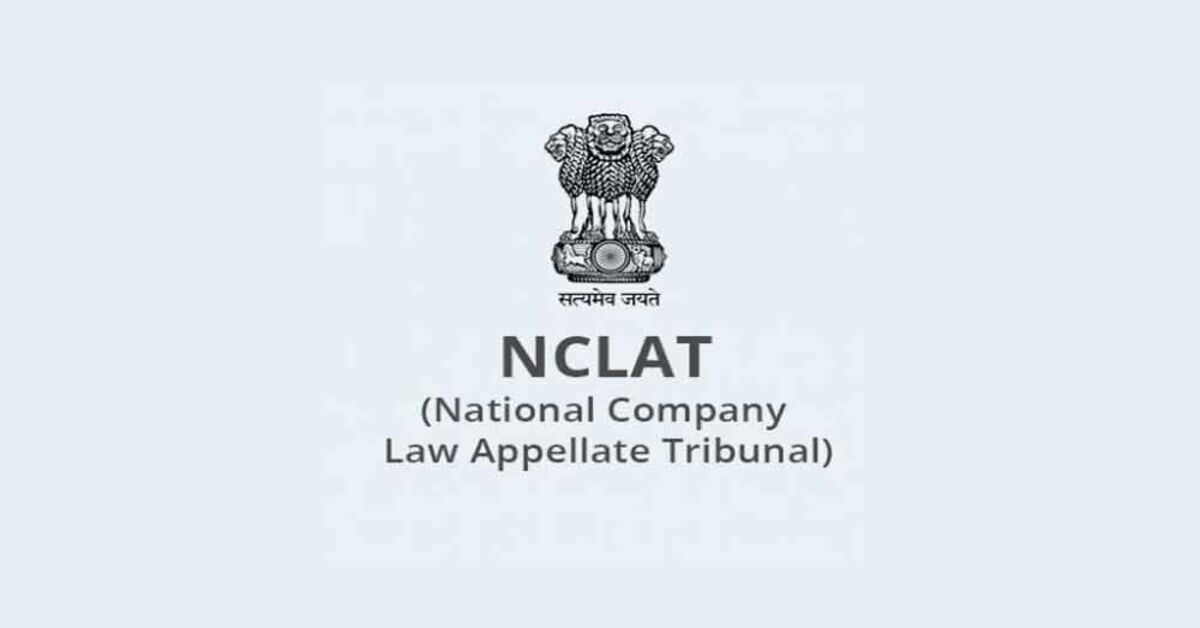A case analysis of Engineering Mazdoor Parishad Devas Through its General Secretary Vs. Teena Saraswat Pandey Resolution Professional of S & H Gears Pvt. Ltd.

Introduction of NCLAT Case
This NCLAT case deals with the issue of whether the admission of debt in the balance sheet of the corporate debtor would amount to an acknowledgement of debt under Section 18 of the Limitation Act, 1963, and extend the period of limitation for filing an application under Section 7 of the Insolvency and Bankruptcy Code, 2016 (IBC). The National Company Law Appellate Tribunal (NCLAT) held that the balance sheet of a company is a statutory document that does not necessarily amount to an acknowledgement of debt, and dismissed the appeal filed by a workers’ union against the resolution plan approved by the National Company Law Tribunal (NCLT).
Facts
The appellant, Engineering Mazdoor Parishad Devas, is a workers’ union representing the workmen of the corporate debtor, S & H Gears Pvt. Ltd., which is engaged in the manufacture and supply of gears and gearboxes. The corporate debtor had defaulted on its financial obligations to its financial creditor, State Bank of India, which filed an application under Section 7 of the IBC before the NCLT, Mumbai Bench. The NCLT admitted the application and initiated the CIRP of the corporate debtor on 27.11.2020.
The appellant filed a claim of Rs. 12 crores in the CIRP, which was later revised to Rs. 26 crores, on account of unpaid wages, gratuity, bonus, provident fund, etc., due to the workmen. The RP admitted only Rs. 96 lakhs as the claim of the workmen, which was reflected as dues of the workmen in the balance sheet of the corporate debtor for the financial year 2019-20. The appellant challenged this before the NCLT, alleging that the RP had arbitrarily rejected its claim and that the admission of debt in the balance sheet amounted to an acknowledgement of debt under Section 18 of the Limitation Act.
The NCLT dismissed the application filed by the appellant and approved the resolution plan submitted by the RP, which provided for payment of Rs. 96 lakhs to the workmen as per their admitted claim. The appellant then appealed to the NCLAT.
Issue with NCLAT Case
The main issue before the NCLAT was whether the admission of debt in the balance sheet of the corporate debtor would amount to an acknowledgement of debt under Section 18 of the Limitation Act, and extend the period of limitation for filing an application under Section 7 of the IBC.
Legal Provisions
The relevant legal provisions for this case are:
- Section 7 of the IBC, which provides for initiation of CIRP by a financial creditor against a corporate debtor who has defaulted on its debt.
- Section 18 of the Limitation Act, which provides that if a person acknowledges his liability in writing before the expiry of the limitation period, a fresh period of limitation shall be computed from the date of such acknowledgement.
- Section 92 and 134 of the Companies Act, 2013, which provide for preparation and filing of annual return and financial statements by every company.
Analysis the NCLAT Case
The NCLAT analysed the case law on this issue and observed that:
- The Supreme Court in Vashdeo R. Bhojwani Vs. Abhyudaya Co-operative Bank Ltd. held that an entry in a balance sheet is not an acknowledgement for extending limitation under Section 18 unless there is evidence to show that it was made with an intention to admit liability.
- The Supreme Court in Asset Reconstruction Company (India) Ltd. Vs. Bishal Jaiswal held that entries in balance sheets are not conclusive proof to indicate acknowledgement or admission or novation or waiver or estoppel or creation or extension or revival or substitution or modification or variation or alteration or assignment or transfer or extinguishment or discharge or satisfaction or release or relinquishment or abandonment or renunciation or surrender or forfeiture or cancellation or termination or revocation or rescission or repudiation or withdrawal or abandonment or waiver.
- The NCLAT in Annapurna Infrastructure Pvt. Ltd. & Ors Vs. Soril Infra Resources Ltd. held that mere filing of a balance sheet is not sufficient to extend limitation unless there is evidence to show that it amounts to an unconditional admission.
- The NCLAT in Babulal Vardharji Gurjar Vs. Veer Gurjar Aluminium Industries Pvt. Ltd. held that entries in books alone are not enough to amount to an acknowledgement unless there is evidence to show that they are accompanied by a promise to pay either expressly or impliedly.
Based on these precedents, the NCLAT held that the balance sheet of a company is a statutory document that has to be prepared and filed under the Companies Act, 2013, and it does not necessarily amount to an acknowledgement of debt for the purpose of Section 18 of the Limitation Act. The NCLAT further held that the appellant did not produce any evidence to substantiate its claim, such as wage registers, attendance registers, appointment letters, etc., and merely relied on a chart prepared by itself. The NCLAT also held that the RP had admitted the claim on the basis of the balance sheet, which was verified by an independent auditor, and there was no reason to doubt its authenticity or correctness. The NCLAT also held that the appellant did not challenge the resolution plan on any other ground, such as feasibility, viability, or compliance with Section 30(2) of the IBC.
Conclusion
The NCLAT concluded that there was no merit in the appeal and that the RP had acted in accordance with law and in the best interest of all stakeholders. It also imposed a cost of Rs. 10,000 on the appellant for filing a frivolous appeal.
: (2019) 9 SCC 158 : (2020) 2 SCC 1 : Company Appeal (AT) (Insolvency) No. 32 of 2018 : Company Appeal (AT) (Insolvency) No. 926 of 2019 : https://ibclaw.in/engineering-mazdoor-parishad-devas-through-its-general-secretary-vs-teena-saraswat-pandey-rp-of-s-h-gears-pvt-ltd-nclat-new-delhi/













